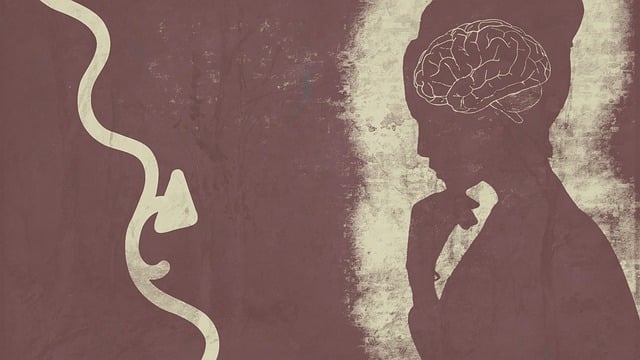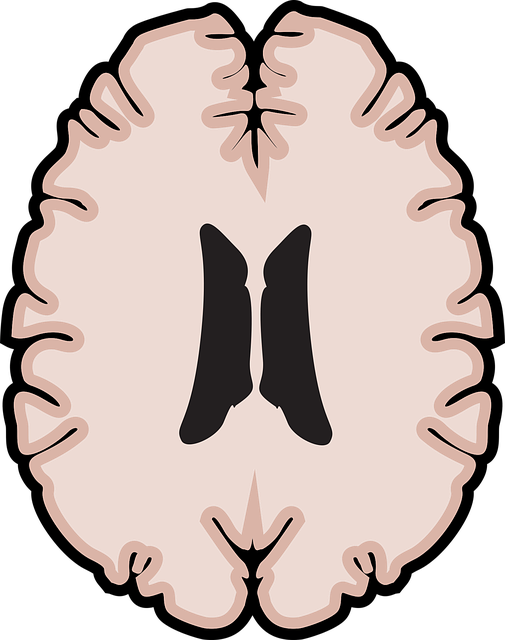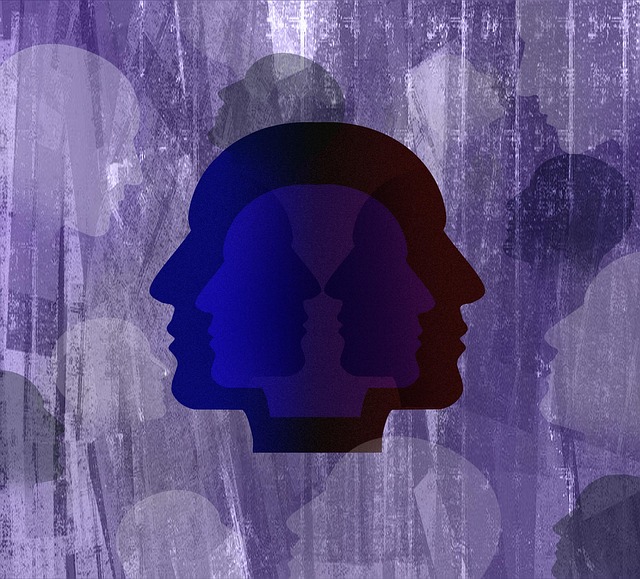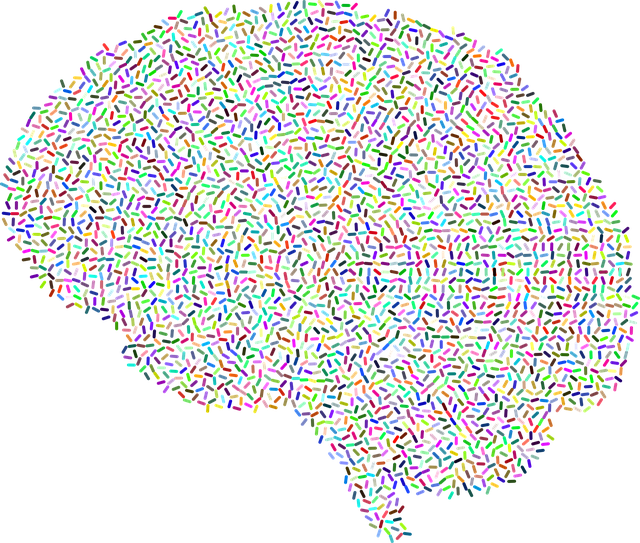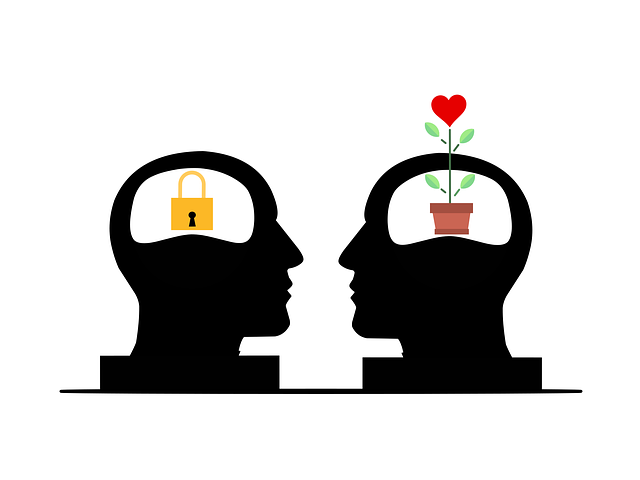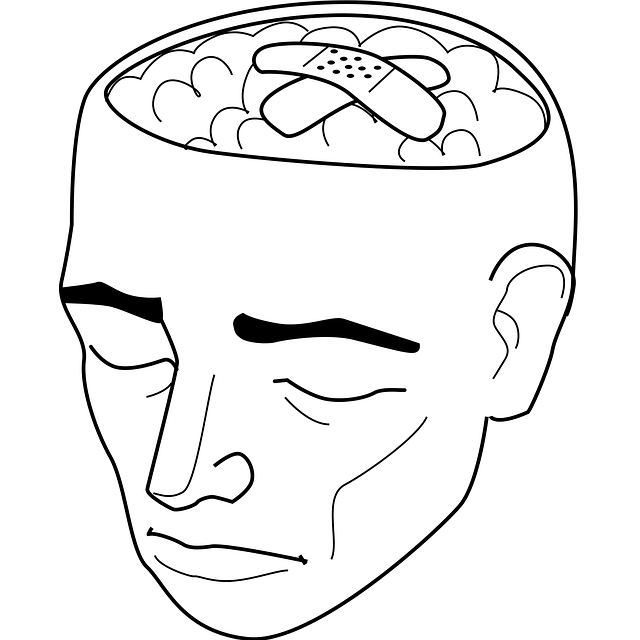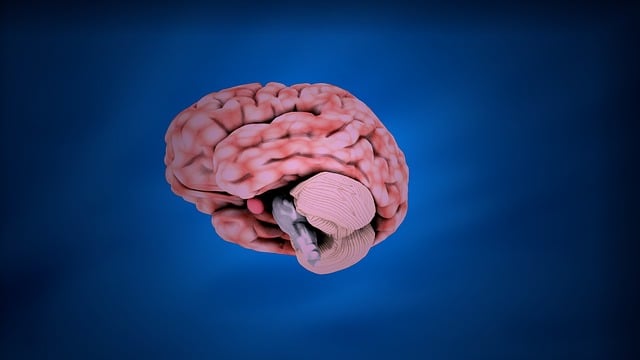Mental illness stigma hinders help-seeking and recovery, with significant impacts on individuals' mental health. Stigma can be internalized or externalized, leading to discrimination and social isolation. Healthcare provider training in cultural competency, self-awareness exercises, and emotional healing processes are key to breaking down these barriers. Golden Trauma Therapy, by targeting trauma at its root cause, offers a powerful tool for stigma reduction through safe space memory processing and positive thinking pattern cultivation. Community engagement through education and outreach programs also plays a vital role in fostering empathy, reducing isolation, and promoting mental well-being for all.
Mental illness stigma remains a significant barrier to seeking treatment, affecting millions worldwide. This article delves into effective strategies to reduce this societal burden. We explore understanding stigma’s profound impact on mental health and examine innovative approaches like Golden Trauma Therapy, offering hope for transformation. Additionally, we highlight the power of community engagement and education as essential tools in fostering an inclusive environment. By implementing these strategies, we can work towards a more compassionate society where individuals with mental illness thrive.
- Understanding Stigma and Its Impact on Mental Health
- Golden Trauma Therapy: A Promising Approach to Reduce Stigma
- Community Engagement and Education for Stigma Reduction
Understanding Stigma and Its Impact on Mental Health

Stigma surrounding mental illness is a significant barrier to individuals seeking help and support for their well-being. It often manifests as negative attitudes, beliefs, and stereotypes about people experiencing psychological distress, leading to discrimination and social isolation. This internalized or externalized stigma can have profound effects on an individual’s mental health trajectory. When left unaddressed, it may prevent people from accessing essential care and treatment options, such as Golden Trauma Therapy, which is a specialized approach designed to help individuals heal from traumatic experiences.
Understanding the impact of stigma requires recognizing how it influences help-seeking behaviors and recovery outcomes. Many people struggling with mental health issues might avoid or delay seeking professional assistance due to fear of judgment or rejection. This can result in prolonged suffering and an increased risk of complications. Healthcare Provider Cultural Competency Training plays a pivotal role in breaking down these barriers by educating professionals on the nuances of different cultural perspectives, ensuring a more inclusive and supportive environment for all patients. Self-Awareness Exercises and Emotional Healing Processes are also integral to stigma reduction, helping individuals process their experiences and cultivate compassion towards themselves and others.
Golden Trauma Therapy: A Promising Approach to Reduce Stigma

Golden Trauma Therapy is emerging as a promising approach to reduce stigma associated with mental illness. This innovative method focuses on healing trauma at its root, acknowledging that many mental health challenges stem from past traumatic experiences. By addressing these underlying issues, Golden Trauma Therapy aims to improve individuals’ self-esteem and foster positive thinking patterns.
The therapy utilizes communication strategies to create a safe and supportive environment where clients can process and release traumatic memories. This process facilitates emotional healing and helps break the cycle of negative thoughts and behaviors. Through this holistic approach, Golden Trauma Therapy not only alleviates symptoms but also empowers individuals to develop a more positive perception of themselves and their lives, ultimately contributing to reduced stigma in the mental health community.
Community Engagement and Education for Stigma Reduction

Engaging communities and educating the public are powerful tools in the fight against mental illness stigma. By implementing community outreach programs, individuals with mental health challenges can find support and understanding from their peers and neighbors. These initiatives foster a sense of belonging and reduce the isolation often associated with stigma. Through interactive workshops, panel discussions, and peer-led support groups, communities can learn about various mental health conditions, dispel myths, and promote empathy.
For instance, Golden Trauma Therapy has successfully initiated community outreach programs that focus on education and crisis intervention guidance. By providing resources and training to local organizations, they empower people to recognize signs of distress and offer appropriate Anxiety Relief strategies. Such efforts not only help reduce stigma but also ensure individuals in need receive timely support and access to valuable services, fostering a more inclusive and supportive environment for everyone’s mental well-being.
Mental illness stigma, a significant barrier to treatment, can be effectively addressed through a multifaceted approach. By combining therapeutic techniques like Golden Trauma Therapy—a promising method in reducing stigma—with community engagement and education, we can create a more inclusive society. Embracing these strategies paves the way for improved mental health outcomes and enhanced social support for those facing mental illness challenges. Specifically, Golden Trauma Therapy offers unique benefits in processing traumatic experiences and fostering understanding, contributing to broader stigma reduction efforts.
